For travelers visiting Thailand, securing a local SIM card is often one of the first priorities upon arrival. The convenience of having a Thai number for navigation, ride-hailing apps, and staying connected with loved ones cannot be overstated. While permanent SIM cards require registration with a passport and proof of address, temporary or tourist SIM cards offer a hassle-free alternative for short-term visitors. These prepaid options are widely available at airports, convenience stores, and mobile carrier shops across the country.
The Thai telecommunications market is dominated by three major providers: AIS, DTAC, and TrueMove H. Each offers competitive tourist packages with varying data allowances, call minutes, and validity periods. AIS, the largest carrier, is known for its extensive coverage even in remote areas. DTAC, popular among budget-conscious travelers, frequently runs promotions with unlimited social media access. TrueMove H, while slightly pricier, often includes perks like free WiFi hotspots in urban centers. Understanding these differences can help travelers select the best option for their specific needs.
Purchasing a temporary SIM card in Thailand has become remarkably straightforward. At Suvarnabhumi Airport alone, dozens of kiosks operated by the major carriers compete for tourist business the moment you clear customs. The staff typically speak English and can assist with installation and activation. What surprises many visitors is how affordable these packages are compared to international roaming charges - premium unlimited data plans rarely exceed 700 baht (about $20) for 15-30 days of service. Some vendors even throw in complimentary water bottles or discount coupons as welcome gifts.
The registration process, mandated by Thai law, requires presenting your passport. This national security measure helps prevent anonymous usage of mobile networks. While this might give some privacy-conscious travelers pause, the information is only kept on file by the telecom provider and isn't used for marketing purposes. The entire purchase and activation process usually completes within 10-15 minutes, after which you'll receive a text message confirming your new Thai number and package details.
Data speeds on Thailand's mobile networks consistently rank among Southeast Asia's fastest. Even basic tourist SIM cards typically provide 4G LTE connectivity, with 5G becoming increasingly available in Bangkok and major tourist destinations like Phuket and Chiang Mai. Video streaming, video calls, and large file downloads work seamlessly on these networks. However, travelers should be aware that speeds may throttle after consuming the high-speed data allowance included in their package, though basic browsing and messaging usually remain functional.
An often overlooked advantage of Thai SIM cards is their compatibility with regional travel. Many packages allow cross-border usage in neighboring ASEAN countries like Cambodia, Laos, and Vietnam, though usually at reduced speeds or with separate data allowances. This feature proves invaluable for travelers exploring multiple Southeast Asian destinations on a single trip. Some carriers even offer special "ASEAN roam" add-ons that maintain high-speed connectivity throughout the region.
Tourists staying longer than the standard 30-day validity period have options to extend their service. Most convenience stores sell top-up cards that can prolong validity or add more data. Alternatively, visiting a carrier's retail store allows switching to different packages better suited for extended stays. The staff can assist with these changes without needing to purchase a new SIM card, preserving your Thai phone number throughout your visit.
Cultural considerations come into play when using a Thai number. Locals tend to prefer messaging apps like LINE over traditional SMS, and many businesses list LINE IDs rather than phone numbers for contact. Having a local number makes it easier to register for these services and connect with Thai friends or business contacts. Additionally, some restaurant reservation systems and delivery apps require Thai numbers for verification, making the temporary SIM card essential for travelers wanting to fully experience local conveniences.
The environmental impact of temporary SIM cards has led to improvements in recent years. Many carriers now offer eSIM options that can be purchased and activated online before arrival, eliminating plastic waste from physical SIM cards. For those preferring traditional SIMs, recycling bins at airports and telecom shops allow proper disposal after use. These sustainability efforts align with Thailand's growing focus on eco-friendly tourism practices.
As Thailand's digital infrastructure continues developing, temporary SIM cards remain the most practical connectivity solution for visitors. The combination of affordable pricing, widespread availability, and reliable service makes them superior to alternatives like pocket WiFi devices or expensive international roaming plans. With proper research to select the right package for their itinerary, travelers can enjoy seamless connectivity from the beaches of Krabi to the mountains of Mae Hong Son, capturing and sharing every moment of their Thai adventure.

By Grace Cox/Apr 14, 2025

By Emma Thompson/Apr 14, 2025
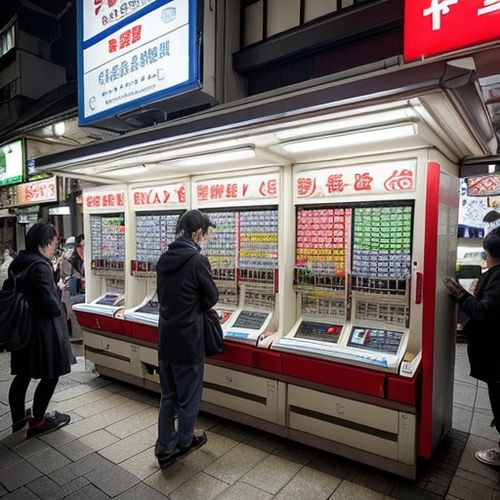
By Daniel Scott/Apr 14, 2025
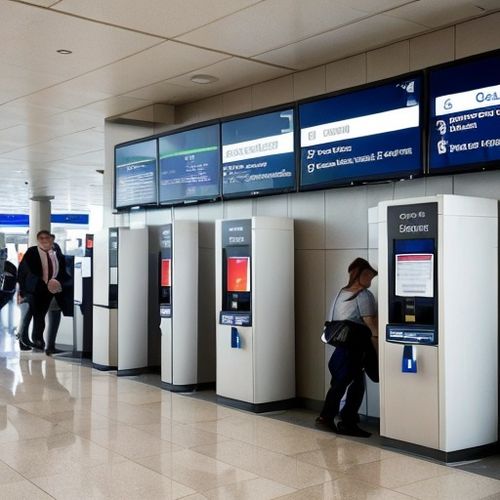
By Rebecca Stewart/Apr 14, 2025

By Emily Johnson/Apr 14, 2025

By Megan Clark/Apr 14, 2025
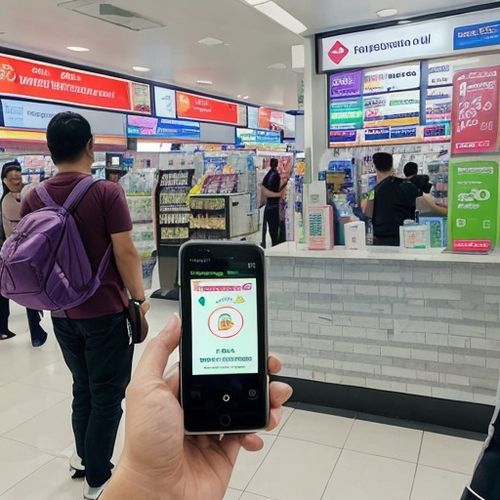
By Emma Thompson/Apr 14, 2025

By Grace Cox/Apr 14, 2025
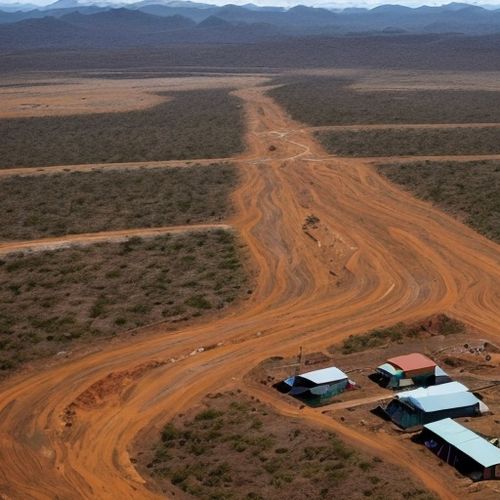
By Christopher Harris/Apr 14, 2025

By Joshua Howard/Apr 14, 2025
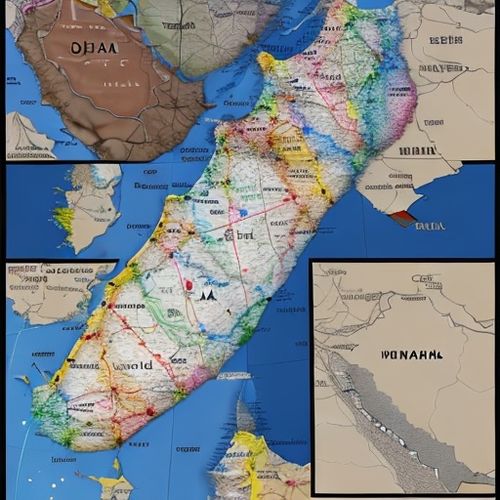
By Noah Bell/Apr 14, 2025
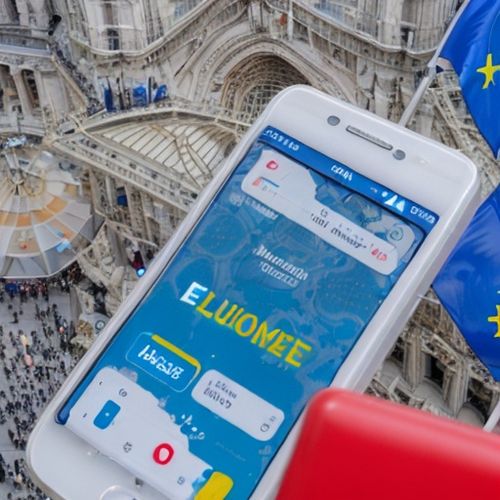
By Grace Cox/Apr 14, 2025
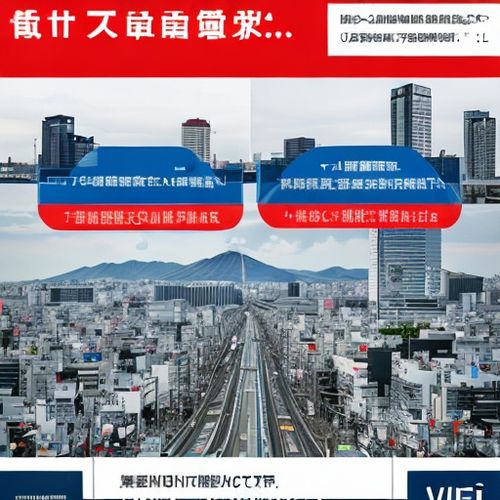
By Joshua Howard/Apr 14, 2025

By Victoria Gonzalez/Apr 14, 2025

By Grace Cox/Apr 14, 2025

By Christopher Harris/Apr 14, 2025

By Lily Simpson/Apr 14, 2025

By Laura Wilson/Apr 14, 2025

By Michael Brown/Apr 14, 2025

By Noah Bell/Apr 14, 2025